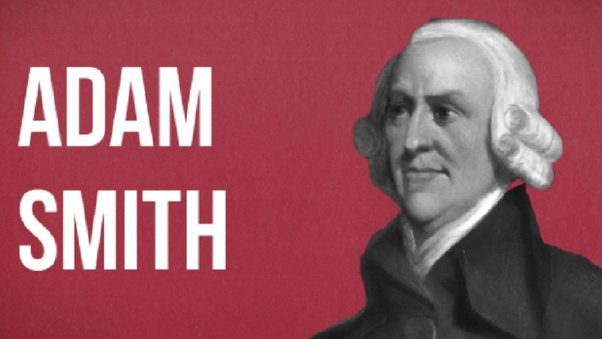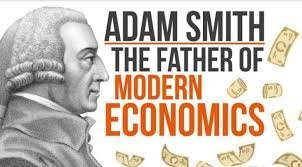Who is the Father of Economics?
Economics, the study of how societies allocate their limited resources, is a field that has shaped our understanding of the world’s financial systems and policies. Over the years, various prominent figures have contributed significantly to the development of economic theories. In this article, we delve into the question of “Who is the Father of Economics?” and explore the historical context and key takeaways related to this fascinating topic.

Why this News is Important:
Understanding the origins of economic thought is crucial for aspirants preparing for government exams. It not only helps in building a strong foundation in economics but also allows candidates to answer related questions confidently during the exams.
Historical Context:
To identify the “Father of Economics,” we need to take a journey back in time. The title is often attributed to the Scottish philosopher and economist, Adam Smith. In the late 18th century, Smith published his magnum opus, “An Inquiry into the Nature and Causes of the Wealth of Nations” (1776). In this groundbreaking work, Smith laid the foundation for modern economics. He argued that individuals acting in their self-interest unintentionally promote the overall well-being of society through the “invisible hand” of the market.
However, it’s important to note that the title “Father of Economics” is a matter of debate. Several other economists, such as David Ricardo, John Maynard Keynes, and Karl Marx, have also made significant contributions to the field. Each of them has had a profound impact on economic thought, and their ideas continue to influence economic policies worldwide.
Key Takeaways from “Who is the Father of Economics?”:
| Serial Number | Key Takeaway |
|---|---|
| 1 | Adam Smith is often considered the “Father of Economics” for his pioneering work on market forces and the invisible hand. |
| 2 | Other notable economists, like David Ricardo, John Maynard Keynes, and Karl Marx, have also played critical roles in shaping economic thought. |
| 3 | Smith’s book, “The Wealth of Nations,” is a cornerstone of modern economic theory and addresses the concepts of self-interest, free markets, and division of labor. |
| 4 | The study of economic history is essential for understanding the evolution of economic thought and policies. |
| 5 | Economics is a dynamic field, and it continues to evolve as new ideas and economic models emerge. |
Important FAQs for Students from this News
Q: Who is considered the “Father of Economics”?
A: Adam Smith is often considered the “Father of Economics” due to his pioneering work in the field.
Q: What was the title of Adam Smith’s most significant work in economics?
A: Adam Smith’s most significant work in economics is “An Inquiry into the Nature and Causes of the Wealth of Nations” (1776).
Q: Are there other notable economists who have made significant contributions to the field of economics?
A: Yes, economists like David Ricardo, John Maynard Keynes, and Karl Marx have also played critical roles in shaping economic thought.
Q: What is the concept of the “invisible hand” in economics?
A: The “invisible hand” is a concept introduced by Adam Smith, suggesting that individuals acting in their self-interest unintentionally promote the overall well-being of society through market forces.
Q: Why is it important for students preparing for government exams to understand the historical context of economics?
A: Understanding the historical context is crucial as it provides a foundation for comprehending the evolution of economic thought and policies, which can be useful in answering exam questions.
Some Important Current Affairs Links

















